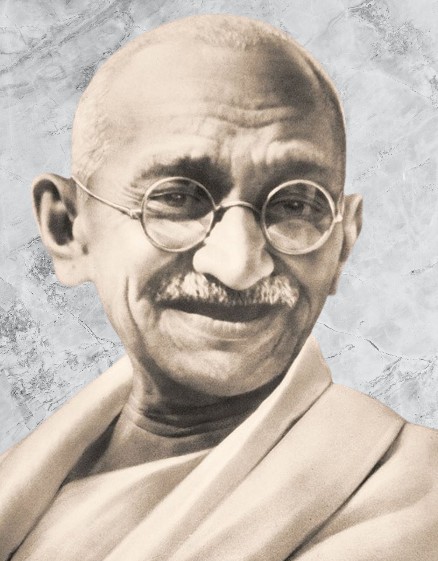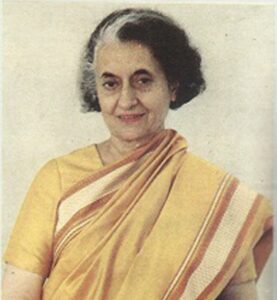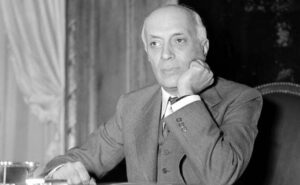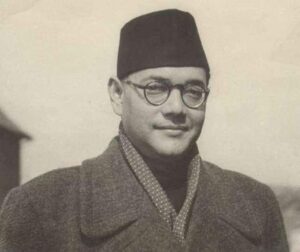Mahatma Gandhi, born Mohandas Karamchand Gandhi on October 2, 1869, in Porbandar, Gujarat, India, was a prominent leader in India’s struggle for independence from British colonial rule. His life story is marked by a deep commitment to truth, nonviolence, and social justice.
Early Life and Education
Gandhi’s parents were Karamchand Gandhi and Putlibai Gandhi, and he was born into a Hindu family. His family background was modest, and his father served as the diwan (chief minister) of Porbandar and later of the princely state of Rajkot.
He married Kasturba Makhanji when he was 13 years old, in an arranged marriage typical of the time.
Gandhi studied law in London, England, and was called to the bar in 1891. During his time in London, he became exposed to Western philosophy, including the works of Thoreau and Ruskin, which influenced his later philosophy of nonviolence.
Civil Rights Activism in South Africa
Gandhi began his activism in South Africa, where he moved to work as a lawyer in 1893. It was here that he encountered racial discrimination and injustice firsthand.
He became involved in the struggle for civil rights for Indians in South Africa, leading nonviolent protests and campaigns against discriminatory laws.
Development of Satyagraha
Gandhi developed the concept of Satyagraha, or “truth force,” as a method of nonviolent resistance to injustice. Satyagraha combined principles of nonviolence, civil disobedience, and passive resistance.
He believed in the power of truth and love to overcome oppression, advocating for peaceful dialogue and negotiation to bring about change.
After returning to India, Gandhi assumed a leadership role in the country’s independence movement
Gandhi returned to India in 1915 and soon became involved in the Indian National Congress, the leading organization advocating for Indian independence.
He played a key role in organizing various nonviolent campaigns and protests against British rule, including the Non-Cooperation Movement and the Salt March.
Champion of Swadeshi and Self-Sufficiency
Gandhi advocated for Swadeshi, or the use of Indian-made goods, as a means of promoting self-reliance and economic independence from British colonial rule.
He promoted cottage industries, such as spinning and weaving, as a way to empower rural communities and reduce dependence on imported British goods.
Role in Hindu-Muslim Unity
Gandhi was deeply committed to Hindu-Muslim unity and worked tirelessly to bridge religious divides. He fasted numerous times to protest violence between the two communities.
He emphasized the importance of religious tolerance and understanding, advocating for mutual respect and cooperation among all religious groups.
Assassination and Legacy
Tragically, Gandhi was assassinated on January 30, 1948, by Nathuram Godse, a Hindu nationalist who opposed Gandhi’s stance on interfaith harmony.
Gandhi’s legacy as the “Father of the Nation” remains profound in India and around the world. His philosophy of nonviolence and his leadership in the struggle for independence continue to inspire movements for social justice and peace globally.
Mahatma Gandhi’s life exemplifies the power of moral courage, compassion, and nonviolent action in the face of oppression, leaving an indelible mark on the history of India and the world.




